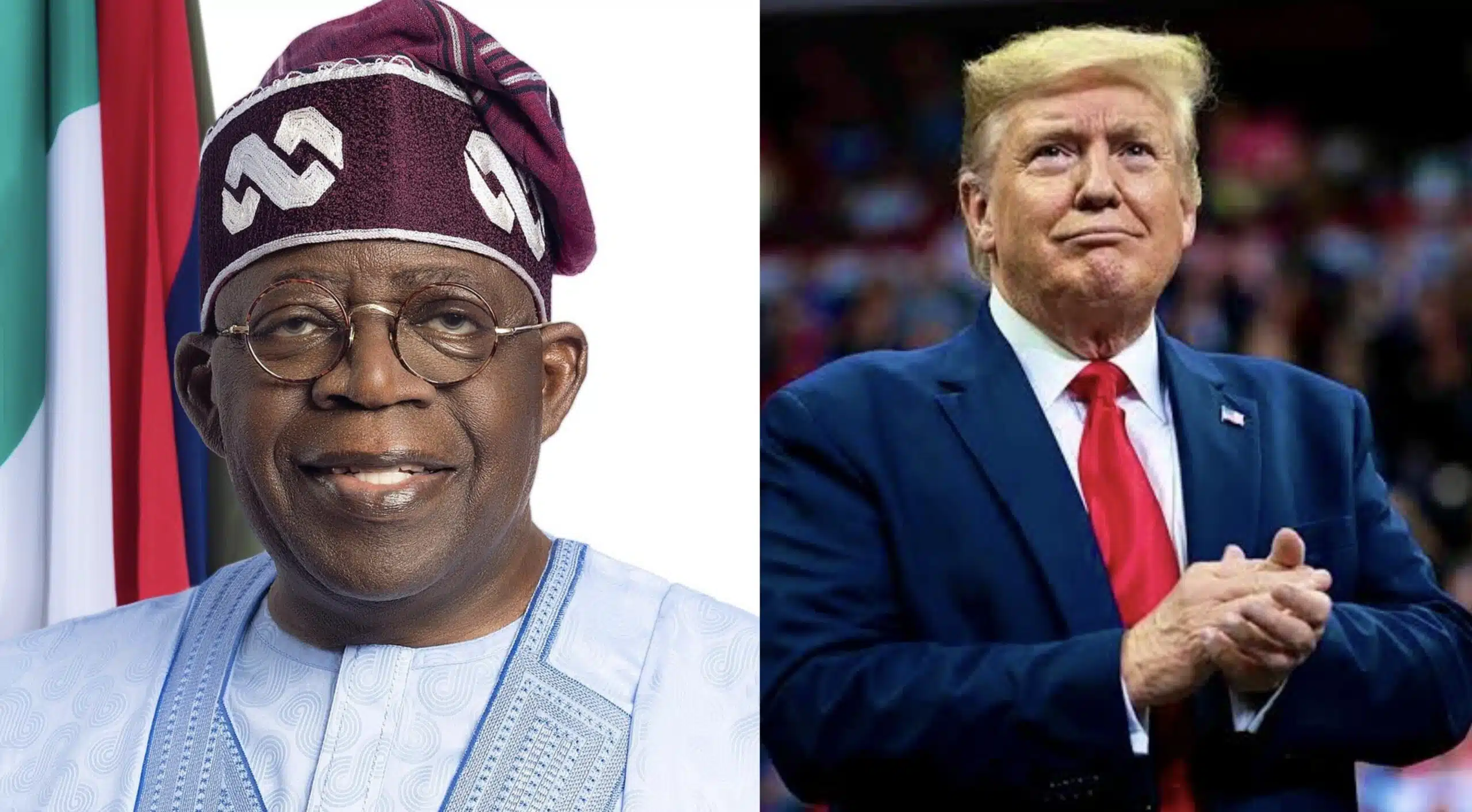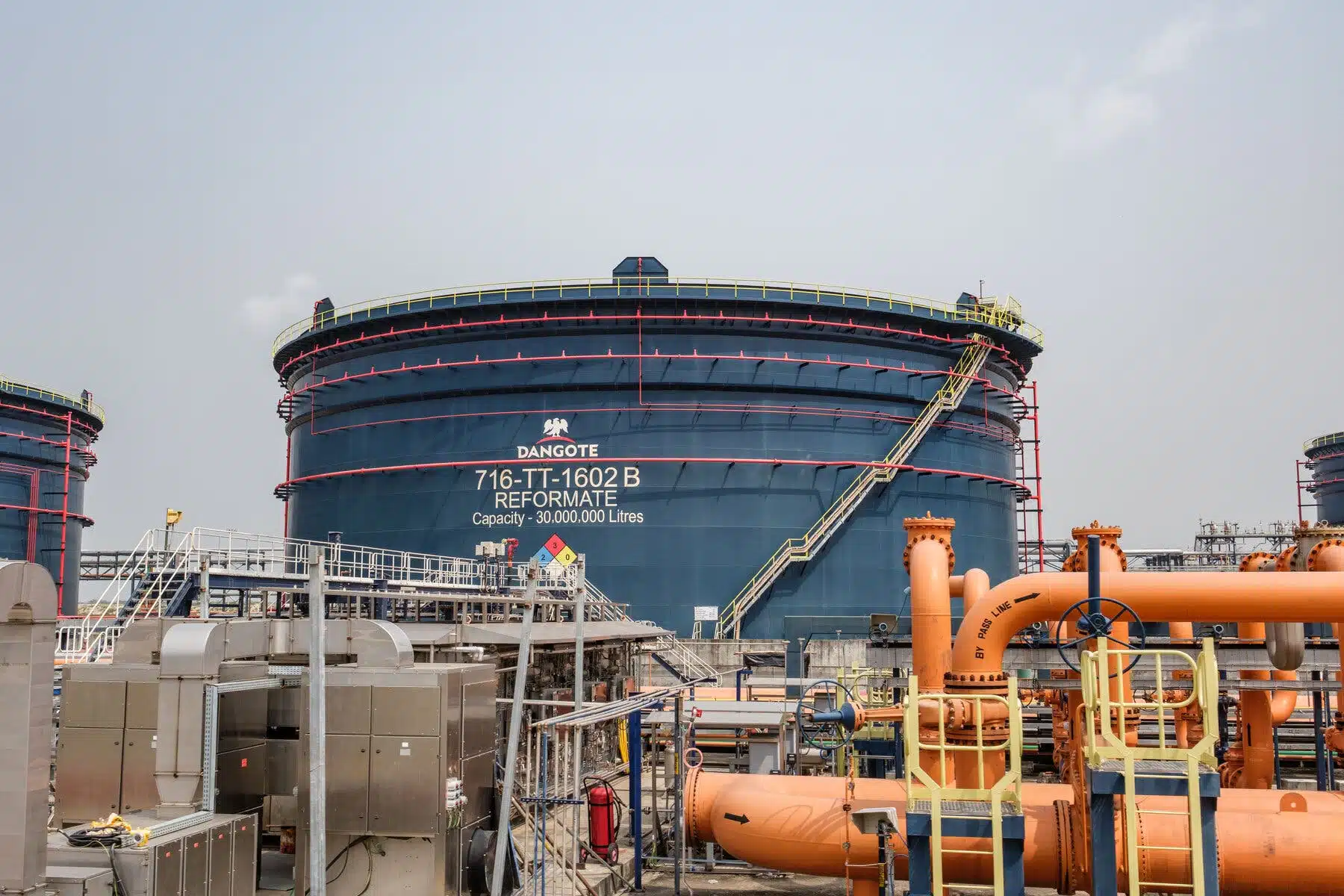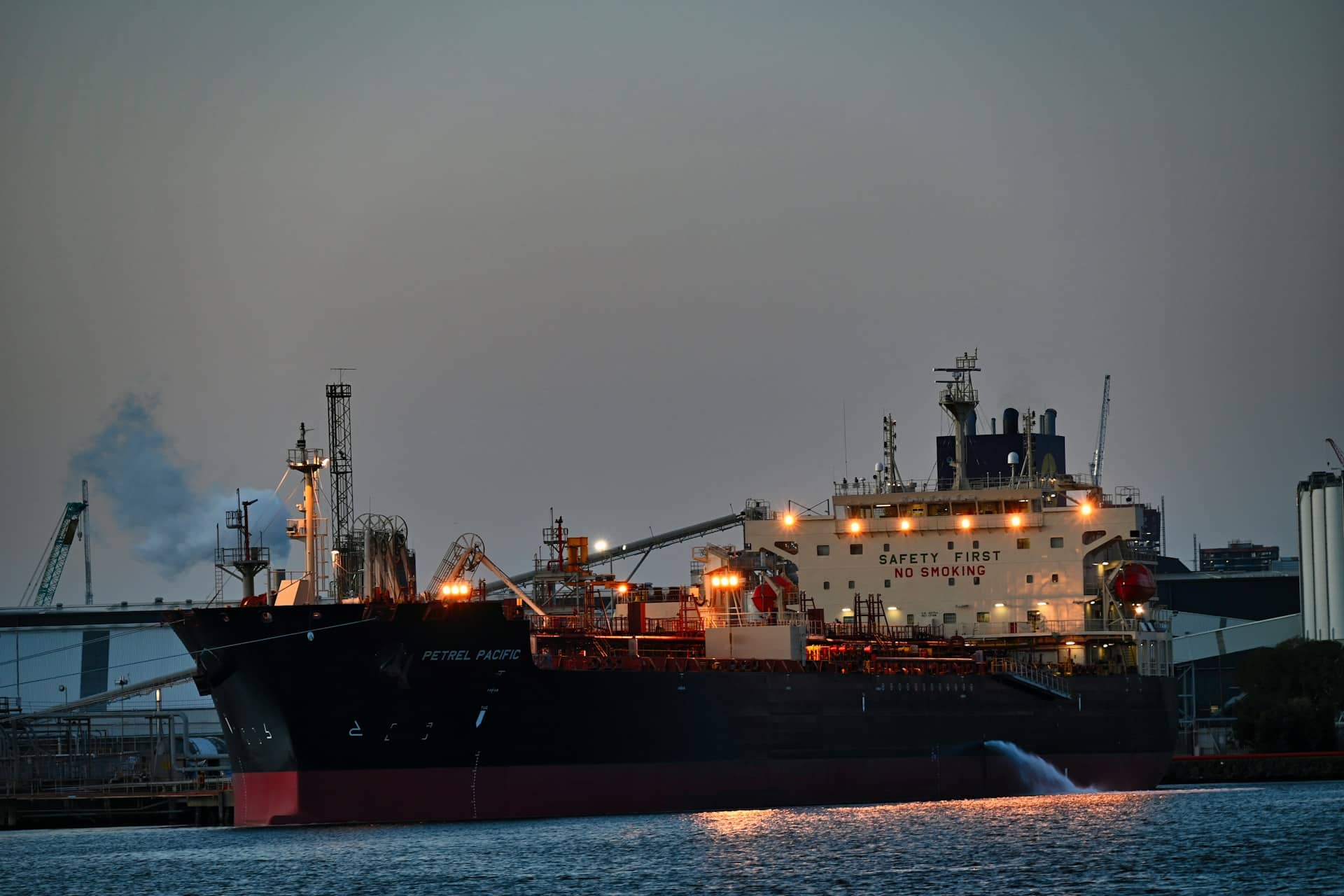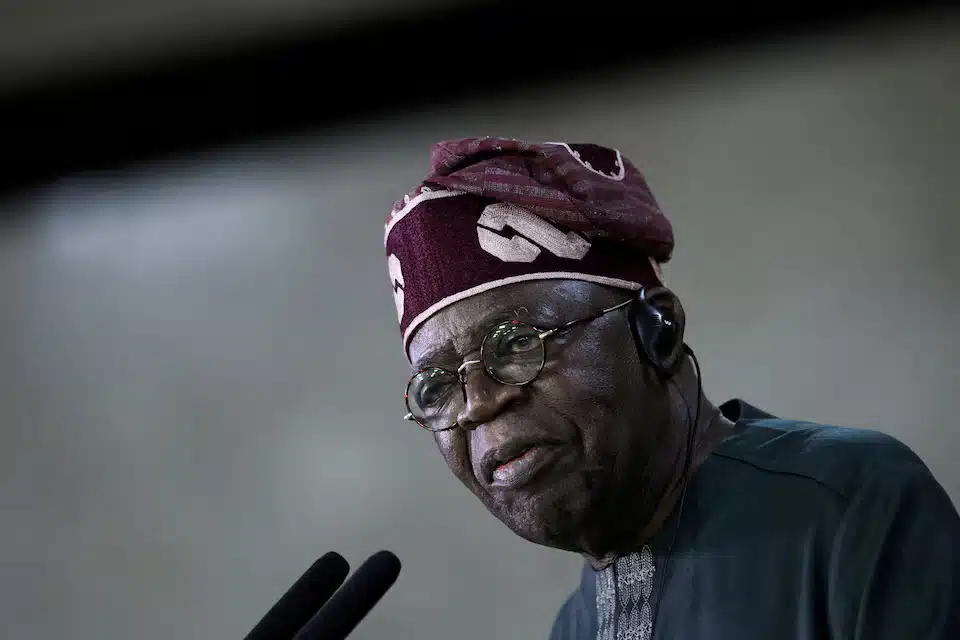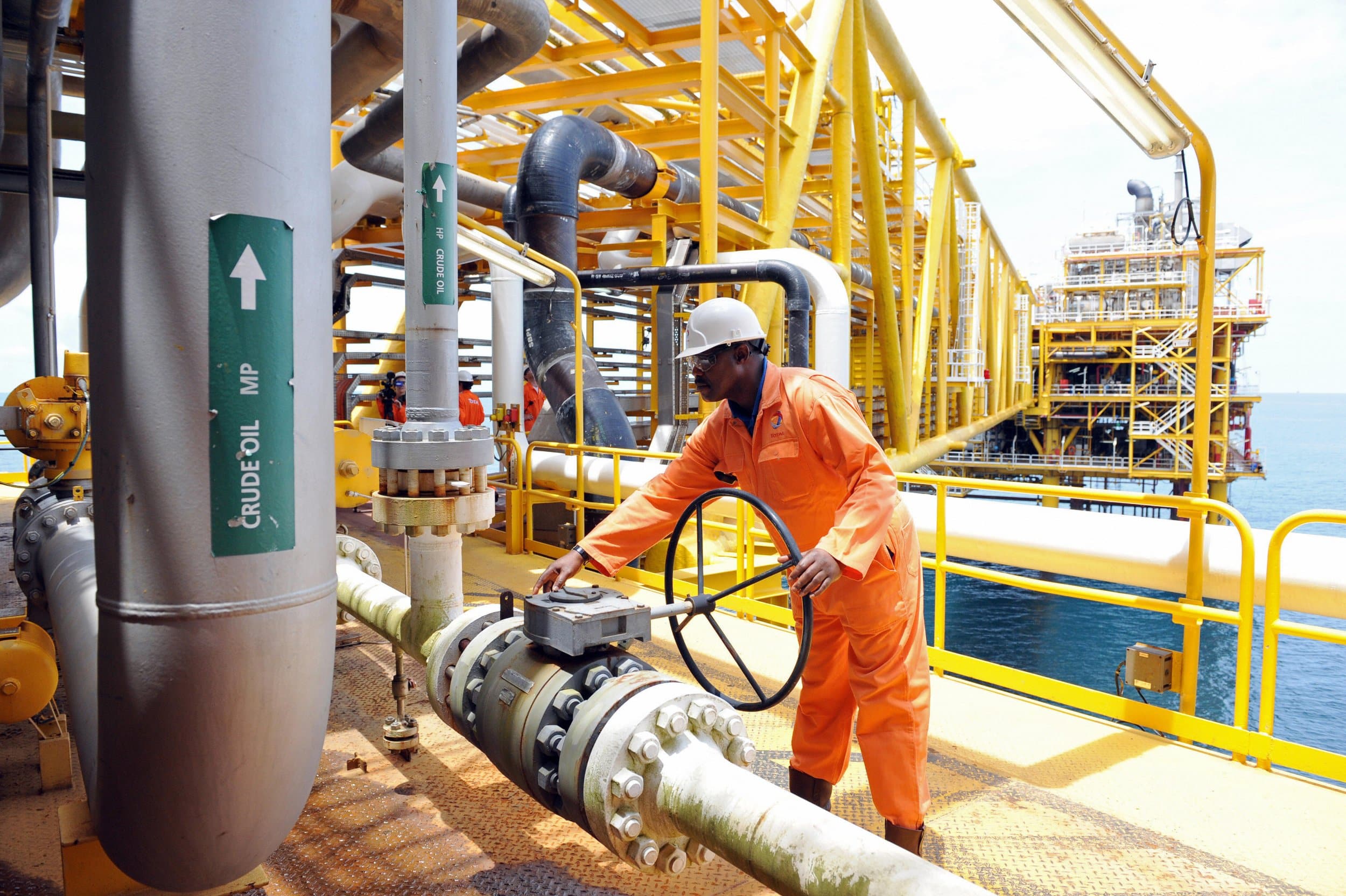Like most emerging markets, Nigeria’s economic outlook relies on a few mainstays for things to go well.
These have barely changed in decades, creating a reference point for predictability and clear assumptions.
These pillars are quite obvious: crude oil production, a strong currency, foreign investment, and a trade surplus, among others.
So far, most of these factors have remained relatively moderate, keeping inflation in check and supporting government revenue.
Chief among them, however, is the production and sale of crude oil.
When the oil market sneezes, Nigeria’s economy catches a cold.
Recognized as Africa’s leading oil-producing nation and one of the top ten globally, the country earns about 80% of its foreign exchange from oil-related sales.
These earnings help service foreign debts, balance trade obligations, and shore up reserves. The economy revolves heavily around oil.
In 2025, Nigeria produced a fairly strong volume of crude, with output peaking at around 1.7 million barrels per day mid-year.
Although that figure has since declined, the country still averages about 1.5 million barrels per day.
However, a quiet storm is brewing that may unsettle the economy in the coming weeks or months.
Recently, US President Donald Trump shifted attention from tariffs on China, talk of annexing Canada, and disputes with the media, to Nigeria.
According to Trump and other right-leaning politicians, Nigeria is complicit in widespread killings of Christians by Islamist terrorist groups. Trump claims the Nigerian government has been negligent in addressing this “crisis” and pledged to intervene if nothing is done soon.
According to a recent New York Times report, the White House has asked the US military to draw up plans for a possible intervention.
Whether this threat is real or political posturing, it has immediate economic implications.
As noted, Nigeria’s economic stability depends on a limited number of pillars, most of which are tied to the US dollar.
A diplomatic fallout with the United States would be catastrophic for Nigeria’s capital and financial markets, as investors could withdraw their dollar-denominated funds.
Signs of this are already visible. Following Trump’s comments, Nigeria’s equity market lost about N2 trillion in value in just two weeks.
This decline stands in contrast to the market’s strong performance since 2023.
As of March, Nigeria was considered one of the best-performing stock markets globally, attracting over $1.5 billion in foreign inflows. Now, the market is bleeding, and the naira is under renewed pressure.
Any further capital flight may weaken recent currency gains.
If Trump’s threat persists, Nigeria also risks a downgrade in its fiscal outlook by rating agencies such as Fitch or Moody’s.
So where does this leave oil? Oil may serve as Nigeria’s last safety net if things worsen.
However, Trump’s outburst may not have lasting impact. He may soon shift attention to more politically relevant global issues, particularly China.
Also, President Bola Tinubu has stated that the government is engaging diplomatically with Washington, and both countries have maintained strategic cooperation since the 1960s. The situation may still be resolved quietly.
But if tensions escalate, Nigeria may have to depend even more on crude exports.
Unfortunately, the timing is unfavorable, as crude prices are projected to fall. Goldman Sachs forecasts that prices may drop below $60 per barrel as early as the first half of 2026.
If this happens under current production conditions, Nigeria may face deeper economic strain.
Nigeria has one of the highest crude production costs in the world.
A barrel costs between $30 and $40 to produce, compared with a global average of about $25. This means more than 70% of revenue from each barrel is consumed by production costs.
The remainder is split between NNPC Limited and joint venture partners.
Bottom line: oil may not save Nigeria’s bottom line.
Any US military planning around Nigeria also comes with risks.
Even though most insecurity is concentrated in the northern region, foreign intervention could trigger nationwide unrest.
This may lead to protests, disruptions, pipeline vandalism, oil theft, and capital withdrawal by oil and gas investors.
The OB3 pipeline, which spans northern corridors, could be particularly exposed.
The implications are far-reaching.
This year, Nigeria has enjoyed a period of relative economic stability, aided by stronger oil output and renewed investment interest. That progress is now vulnerable.
The Tinubu administration has signaled that it is engaging the United States through diplomatic channels.
Nigeria and the US have maintained cooperation since the 1960s, and this dispute may still be contained before it matures into a rupture.
But if diplomacy falters, the foundations of Nigeria’s economic recovery could weaken fast.
Oil has long been the country’s fallback. It may no longer be enough.

